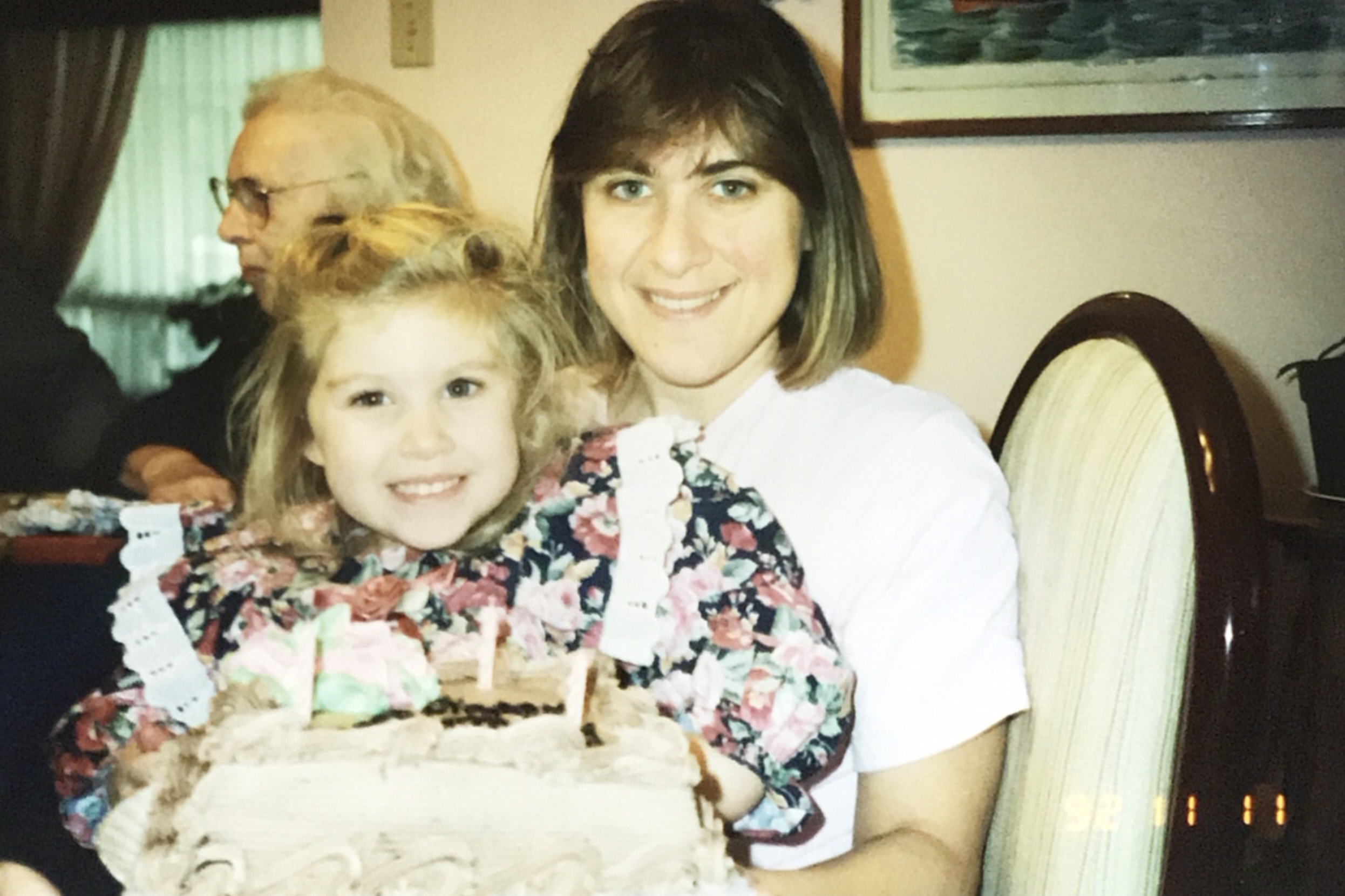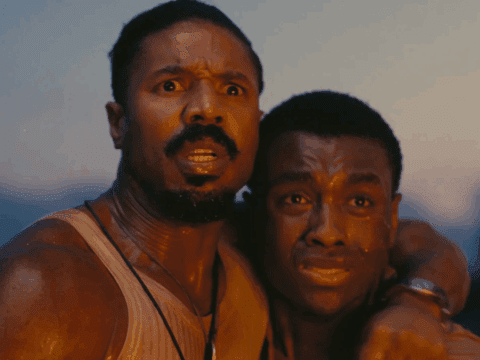I was 11 years old when I started riding my bike to the Baptist church that I had claimed as my own. The wind whipping in my wild chestnut hair, my five-kilometre journey filled me with a sense of purpose and defiance against my Catholic upbringing. At 12, I chose to be baptized by immersion, despite my family’s protests. I was already christened as an infant, a priest sprinkling holy water on my thick brown locks, while I wore a white gown trimmed in intricate lace and a gold bracelet on my chubby wrist.
My childhood had been full of religious sacraments and traditions. There was a hushed reverence in our family’s Catholicism, a sacredness that could not be spoken about. Then I attended vacation Bible school and embraced a faith where people spoke openly and freely about God. I was fully immersed in the Baptist church. I gave my testimony in front of our congregation of 1000, read books about missionaries, studied scripture passages and volunteered in the many vibrant ministries my new church ran.
My religious awakening spilled into my home and personal life, where things were growing tense. My single mother also attended the Baptist church with me when she wasn’t working weekends, but she also felt that I was taking things too far. I was too obsessed with my faith, once throwing out secular CDs because they were “too worldly”. I tried to evangelize to my family, claiming that the Catholic church and its stale traditions wouldn’t save them. At school, I refused to say the Hail Mary and rejected the holy sacrament of confirmation.
Eventually my passion mellowed. I became a teenager wrapped up in typical teenage woes and pastimes. I bought secular CDs again, dated boys, and my Bible grew dusty under my bed. But I still prayed, asking Jesus for help and thanking him for the good things in my life.
It’s been nearly two decades since I started riding my bike to the Baptist church. Today I attend a non-denominational church, where my husband is a youth pastor. I don’t identify with just one denomination, preferring to embrace the many beautiful parts of my family history. I value the pieces of my childhood that were informed by Catholicism as well as the religious rebellion of my adolescence.
I was recently introduced to the word ecumenical. I loved the way the word sounded, rolling around in my mouth as I spoke it. Ecumenical describes me. It’s a word that means unity among Christian churches and denominations. It represents different histories and traditions coming together in honour and respect, but I think it can also be applied to our own individual worlds too.
When I think of my own faith journey, I see a beautiful mosaic of experiences. I still love aspects of my traditional Catholic upbringing, from the saints that represent so many uplifting stories, to the Catholic liturgical calendar that honours the seasons and creates a rhythm throughout the year. I look back on my years as a passionate Baptist and admire that fiery junior-high girl, the one who claimed her faith for herself.
“I look back on my years as a passionate Baptist and admire that fiery junior-high girl, the one who claimed her faith for herself.”
And still, to say that the Catholic and Baptist traditions are the only ones that informed my new ecumenical faith would be a lie. For years, I have kept my paternal family’s faith a secret, ashamed because I feared it would lead to judgment and misunderstanding. For generations, my father and paternal relatives have been involved with a church called The Way. I’ve spent parts of my childhood camping at conventions, sitting in people’s homes as they professed their faith, wearing an ankle-length skirt and hair in a French braid or modest tight bun. The Way is a small denomination, a tight knit community of extremely modest and simple folk, and through my father, I was one of them.
There is a reason I’m ashamed about my family’s church. The Way is considered, to many Christians and non-believers, a cult. It is a church that is intentionally secretive, and I cannot dismiss hurt that members of The Way caused, nor do I accept its doctrine as gospel or claim it as my own. I have had to make my own peace with a cult that many have found damaging, while also embracing the beautiful moments I’ve experienced within it.
When I was four, someone from my father’s church pointed out that I had an “old-fashioned spirit”, and I think a part of that has to do with the time I spent around people involved with The Way. It was a church that snubbed jewelry, piercings, the radio and flashy cars. Although I cannot live the way that my extended family chooses to live, The Way has left an imprint on me even into adulthood. I prefer long dresses in the summer and rarely wear makeup, keeping my hair in a bun most days because it’s simple and tidy. I don’t wear a wedding ring, have no piercings or tattoos, and crave the simplicity of a quiet corner and a good book. At my core, I am still an old-fashioned soul, and in my ecumenical mosaic, I choose to find a small place for The Way too.















